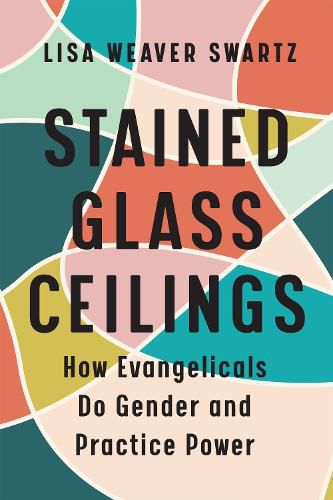Readings Newsletter
Become a Readings Member to make your shopping experience even easier.
Sign in or sign up for free!
You’re not far away from qualifying for FREE standard shipping within Australia
You’ve qualified for FREE standard shipping within Australia
The cart is loading…






This book speaks to the intersection of gender and power within American evangelicalism by examining the formation of evangelical leaders in two seminary communities.
Southern Baptist Theological Seminary inspires a vision of human flourishing through gender differentiation and male headship. Men practice Godly Manhood, and are taught to act as the head of a family, while their wives are socialized into codes of Godly Womanhood that prioritize prescribed gender roles. This power structure that prioritizes men yet offers agency to their wives in women-centered spaces and through marital relationships.
Meanwhile, Asbury Theological Seminary promises freedom from gendered hierarchies. Appealing to a story of gender-blind equality, Asbury welcomes women into classrooms, administrative offices, and pulpits. But the institution’s construction of egalitarianism obscures the fact that women are rewarded for adapting to an existing male-centered status quo rather than for developing their own voices as women.
Featuring figures such as high-profile evangelicals such as Al Mohler, Owen Strachan, and Craig Keener along with young seminarians poised to lead the movement in the coming decades, this book illustrates the liabilities of white evangelical toolkits and argues that evangelical culture upholds male-centered structures of power even as it facilitates meaning and identity.
$9.00 standard shipping within Australia
FREE standard shipping within Australia for orders over $100.00
Express & International shipping calculated at checkout
This book speaks to the intersection of gender and power within American evangelicalism by examining the formation of evangelical leaders in two seminary communities.
Southern Baptist Theological Seminary inspires a vision of human flourishing through gender differentiation and male headship. Men practice Godly Manhood, and are taught to act as the head of a family, while their wives are socialized into codes of Godly Womanhood that prioritize prescribed gender roles. This power structure that prioritizes men yet offers agency to their wives in women-centered spaces and through marital relationships.
Meanwhile, Asbury Theological Seminary promises freedom from gendered hierarchies. Appealing to a story of gender-blind equality, Asbury welcomes women into classrooms, administrative offices, and pulpits. But the institution’s construction of egalitarianism obscures the fact that women are rewarded for adapting to an existing male-centered status quo rather than for developing their own voices as women.
Featuring figures such as high-profile evangelicals such as Al Mohler, Owen Strachan, and Craig Keener along with young seminarians poised to lead the movement in the coming decades, this book illustrates the liabilities of white evangelical toolkits and argues that evangelical culture upholds male-centered structures of power even as it facilitates meaning and identity.